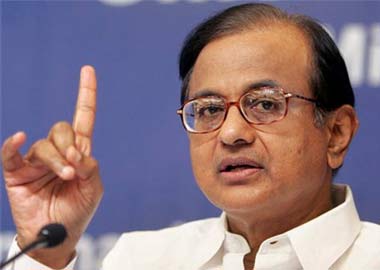New Delhi, April 5: People were seen buying diyas and candles across the country to light them at 9 p.m. on Sunday to fight the "darkness of coronavirus" as requested by Prime Minister Narendra Modi.
Although the country is under a lockdown and all the shops barring those selling essential items are shut, but a number of makeshift roadside shops and carts have cropped up selling earthen lamps or diyas at various places.
The earthen lamps, along with other 'puja samgari', are also sold near various temples. Those shops also opened on Sunday.
Gatherings at the temples and other religious places too are barred.
Those who did not find diyas in their localities contended with candles available at the local general stores.
Prime Minister Narendra Modi had on April 3 appealed to people in a televised address to light diyas and candles on April 5 at 9 pm to fight the darkness spread by coronavirus pandemic.
"Friends, amidst the darkness spread by the corona pandemic, we must continuously progress towards light and hope. We must defeat the deep darkness of the crisis by spreading the glory of light in all four directions," said the Prime Minister in a video message.
"And that is why, this Sunday, on April 5, we must all together, challenge the darkness spread by the corona crisis, introducing it to the power of light. On this day, we must awaken the superpower of 130 crore Indians. We must take the super resolve of 130 crore Indians to even greater heights," Modi said.
He asked the people to turn off all the lights in their homes and stand at doors or balconies and light candles or diyas, torches or mobile flashlights for 9 minutes on April 5.
"In that light, in that lustre, in that radiance, let us resolve in our minds that we are not alone, that no one is alone! 130 crore Indians are committed, through a common resolve!" he said.
PM Modi's call to light diyas, torches or mobile flashlights amid the lockdown has proved to be a boon for shopkeepers selling diyas and candles.
"Sales of diyas have increased to 50 per cent and we also got orders. It has happened because of Modi ji's appeal. We are with him in this," Ram Ravi Kumar, a shopkeeper in Delhi told news agency.
Vikas Kumar, a resident of Patna, said, "I have bought 50 diyas for today. PM Modi had said that people have to light the diyas for nine minutes after switching off light at home."
Modi has asked citizens to not assemble anywhere while participating in this programme and emphasised on the importance of social distancing to prevent coronavirus spread.
Meanwhile, the number of positive cases of coronavirus in the country continues to surge. As per the Ministry of Health and Family Welfare, the total number of confirmed COVID-19 cases is 3,374 with 79 deaths.






Comments
Add new comment